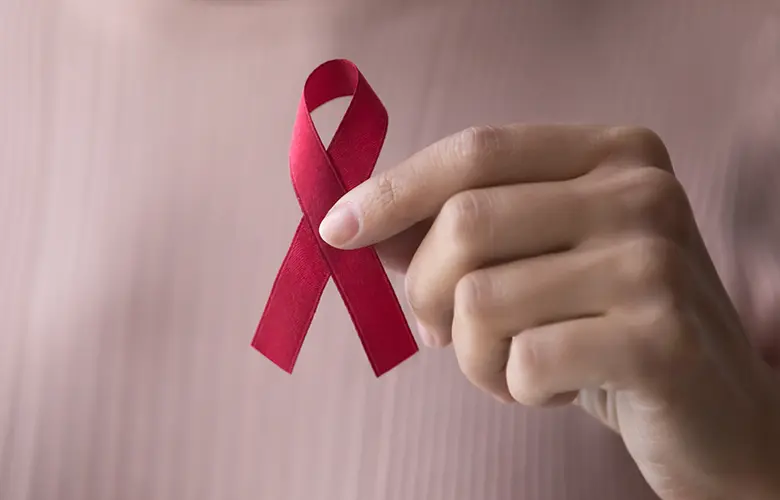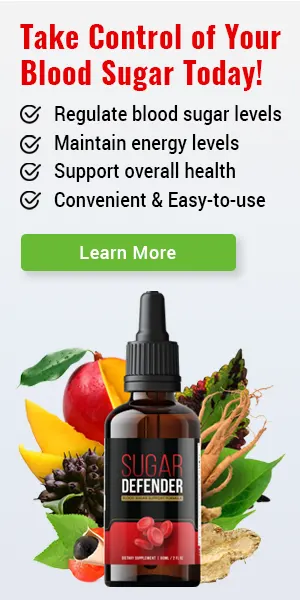
The American Association for Cancer Research released September 16 a report that reveals one in every 22 people in the US is a cancer survivor.
The number of people who survived cancer in America jumped to 14.5 million today from 1971’s 3 million.
The research emphasised that certain lifestyle choices are the leading reasons for cancer.
There are a lot of advancements in cancer treatment. But according to experts the best way to curb cancer mortality is prevention.
For example, cigarette smoking is one of the main causes of cancer. Quitting it would be one of the best ways to lower cancer mortality in the country.
Preventable Cancer Causes: Taking Charge of Your Health
Here are the major cancer causes that can actually be prevented:
1. Eat Healthy
Adopting a healthy diet is a fundamental step in cancer prevention. Including an ample amount of fruits, vegetables, and whole grains in your diet is key. These foods are packed with vitamins, minerals, and antioxidants that strengthen your body’s defence mechanisms against cancer.
- Try to limit your consumption of red and processed meats, as they have been linked to certain types of cancer. Instead, opt for protein sources like chicken, fish, or beans that are lower in saturated fat. Remember, not all fats are created equal.
- Minimise your intake of harmful saturated and trans fats, and instead, incorporate healthier polyunsaturated and monounsaturated fats found in foods like olive oil and canola oil.
- Avoid high sugar cereals and white bread, choosing whole-grain counterparts which are high in fiber and can help reduce the risk of certain cancers.
- Lastly, reduce your intake of fast food and pre-packaged snacks that are often high in unhealthy additives.
If you struggle to meet your nutritional needs through diet alone, a standard multivitamin can be a beneficial supplement. Remember, there’s no substitute for a balanced, healthy diet in your fight against cancer.
2. Exercise Regularly
Regular exercise is a crucial preventive measure against cancer, and it’s essential to incorporate at least 30 minutes of physical activity into your daily routine. Engaging in physical exercise, whether it’s walking, gardening, or playing active games, not only boosts overall health but also plays a significant role in reducing the risk of various cancers.
Dr. Elisabeth Mckeen, MD, FACP, says, “regular exercise may decrease the risk of developing cancer and improve cancer survival after diagnosis. It can facilitate treatment optimization and management in cancer patients, making it a vital component of both cancer prevention and recovery strategies”.
By making exercise a habitual part of your lifestyle, you can significantly contribute to both cancer prevention and, if needed, a more effective cancer treatment journey.
3. Don’t Use Tobacco
Avoidance of tobacco is a crucial step in preventing cancer. Both smoking and chewing tobacco are linked to a multitude of cancers, including those of the lung, mouth, throat, pancreas, bladder, cervix, and kidney.
It’s important to note that even passive inhalation of smoke, known as secondhand smoke, can increase your chances of developing lung cancer. Consequently, steering clear of tobacco products or choosing to quit if you’re a user, significantly aids in cancer prevention.
If you’re struggling to quit, consider seeking assistance from a healthcare provider who can guide you with stop-smoking products and other effective strategies.
4. Maintain A Healthy Weight
Maintaining a healthy weight is a critical aspect of cancer prevention. Excessive weight has been shown to increase the risk of up to 13 different types of cancer. Research clearly demonstrates a link between obesity and an elevated risk for numerous cancers, including those of the breast, prostate, lung, colon, and kidney.
In light of this, it becomes strategically important to prevent additional weight gain if you are currently overweight. Taking this step alone can have a significant positive impact on your health. When you’re ready, consider adopting strategies to shed some extra weight, further enhancing your health advantages.
Here are some effective strategies:
- Make physical activity an integral part of your daily schedule. Look for opportunities to move more and sit less.
- Limit the time you spend watching TV or using a computer. Search for more instances to be on your feet.
- Opt for a diet that is abundant in fruits, vegetables, and whole grains.
- Practise mindful eating – choose smaller portions, savour your food, and reduce the intake of sugary beverages.
Following these guidelines can help you achieve and maintain a healthy weight, a critical step in bolstering your body’s defences against cancer.
5. Get vaccinated
Research by Dr. Olivera J. Finn, Ph.D shows getting vaccinated can play a crucial role in cancer prevention. For example, Hepatitis B is a virus that can significantly increase the risk of liver cancer. It’s especially prevalent among adults with multiple sexual partners, individuals with sexually transmitted infections, drug users, and healthcare or public safety workers who are exposed to infected blood or body fluids. There’s a vaccine available to protect against Hepatitis B.
Another common sexually transmitted virus is the Human Papillomavirus (HPV), which can lead to different types of genital cancers, cervical cancer, and squamous cell cancers of the head and neck. The HPV vaccine is recommended for both boys and girls when they are 11 or 12 years old. In addition, the U.S. Food and Drug Administration has approved the use of the Gardasil 9 vaccine for males and females aged 9 to 45.
It is always recommended to consult with a healthcare provider about getting vaccinated. Remember, these vaccines don’t just protect you against viral infections; they are a proactive step towards preventing cancer.
6. Practice Safer Sex
Reducing the risk of certain cancers can be achieved by safeguarding oneself against sexually transmitted infections (STIs) such as the human papillomavirus (HPV), hepatitis, and HIV. Practising safer sex methods reduces the likelihood of contracting an STI. It’s particularly crucial to adhere to the HPV vaccination recommendations for both children and adults.
The vaccine is ideally administered to children aged between 9 and 12, as it protects against cancer in their later life. However, it’s also recommended for individuals up to the age of 26, and can even be administered up to the age of 45.
To get more information or to discuss further, please consult with a healthcare provider or visit the CDC’s official HPV webpage.
7. Protect Yourself From The Sun
The sun, while essential for life and a source of vitamin D, can also be a dangerous foe when it comes to skin health. Excessive exposure can increase the risk of skin cancer, a prevalent but often avoidable illness. So, how do you enjoy the sunshine while keeping yourself safe?
Firstly, consider the time of day. The sun’s rays are most potent between 10 a.m. and 4 p.m., making it advisable to stay indoors or in shaded areas during this period.
Clothing can also act as armour against harmful UV radiation. Opt for items that cover as much skin as possible, like wide-brimmed hats and sunglasses. Interestingly, the colour of your clothes can make a difference too, with bright or dark colours reflecting more of the sun’s damaging rays than pastels or light cotton.
Sunscreen is another essential weapon in your arsenal. Choose a broad-spectrum product with an SPF of at least 30 and apply it generously every two hours, even on cloudy days. Remember to reapply more frequently if you are swimming or perspiring.
Lastly, steer clear of artificial tanning sources like tanning beds and sunlamps; they can be as harmful as natural sunlight.
By incorporating these strategies, you can enjoy the outdoors while reducing your risk of skin cancer.
8. Get Regular Medical Checkup
Regular medical checkups are a critical tool in the prevention and early detection of cancer. Health care professionals can provide personalised screening schedules based on your health history and risk factors.
These screenings can detect cancers such as skin, colon, cervix, and breast cancer at an early stage, dramatically improving the effectiveness of treatment. It’s also advisable to conduct routine self-examinations, as this proactive approach can lead to early detection, ultimately leading to more successful outcomes.
For instance, our article on Best Cancer Hospitals in the United States highlights the importance of early detection and showcases facilities renowned for their advanced screening and treatment protocols. Remember, prevention is better than cure, so scheduling regular health checkups is a necessary step in proactively managing your health.
Bottom Line
Preventing cancer is in our hands. It starts with simple daily choices, eating healthily, staying active, avoiding tobacco, and embracing protective measures like vaccinations and sun safety. Regular health checkups are also key.
Each small step we take is crucial towards a healthier life, reducing our risk of cancer. Remember, every step, no matter how small, counts in this journey towards a healthier, cancer-free life. Together, we can make a difference in the fight against cancer.



